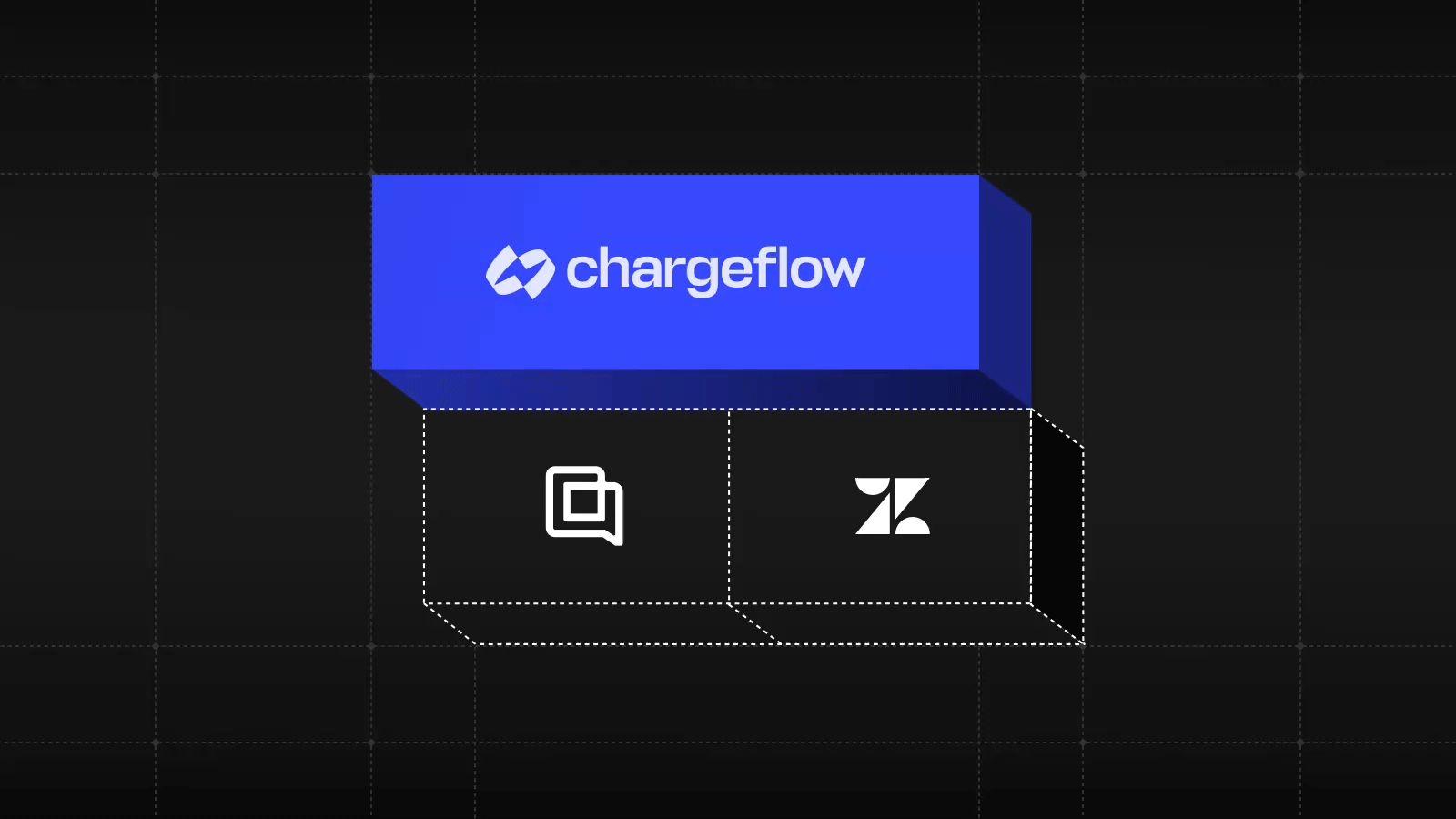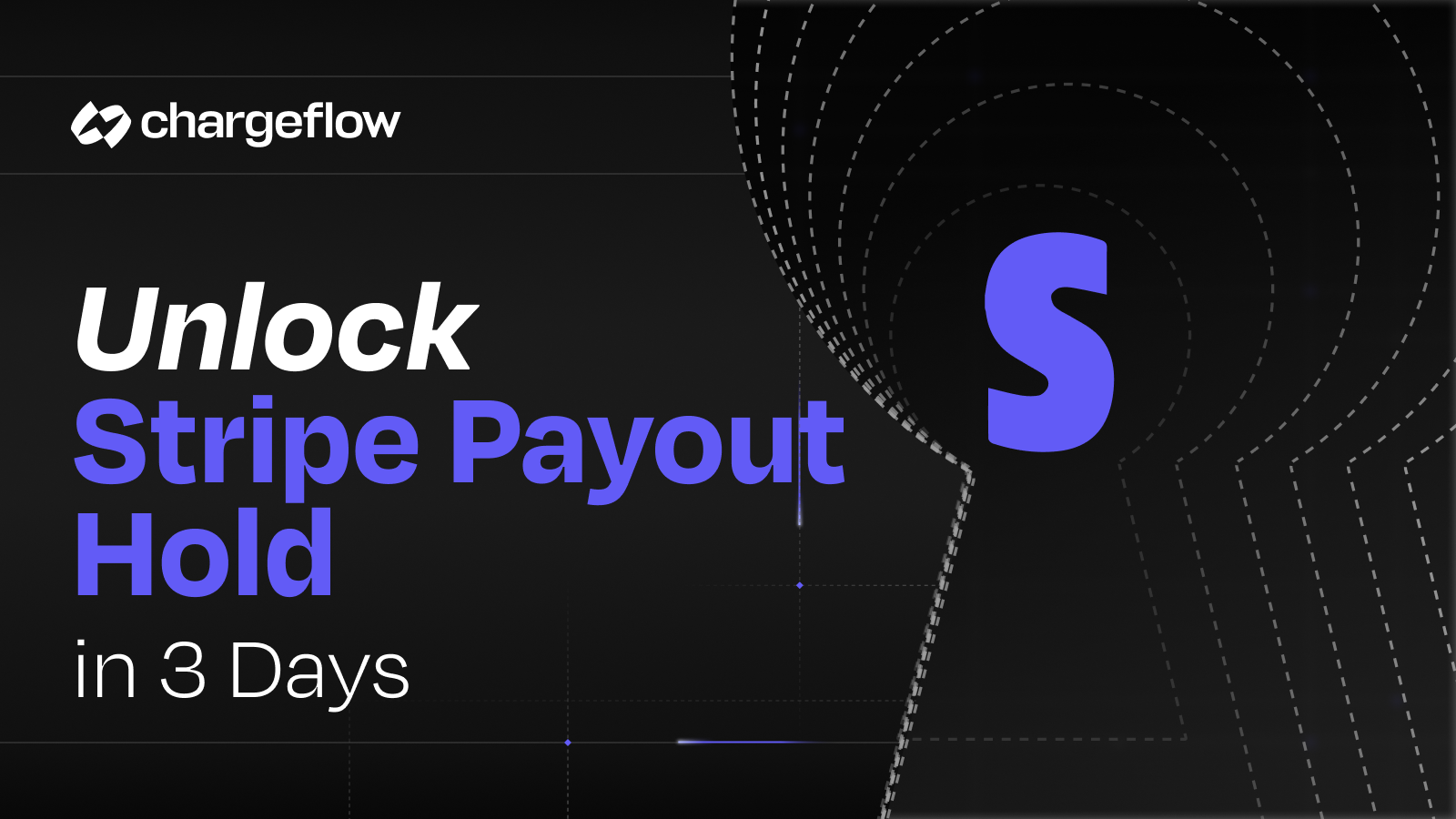Using Data and Reason Codes to Combat Friendly Fraud

Chargebacks?
No longer your problem.
Recover 4x more chargebacks and prevent up to 90% of incoming ones, powered by AI and a global network of 15,000 merchants.
Learn to combat friendly fraud with Chargeflow’s reason code insights, real-time analytics, and advanced fraud prevention tools.
Understanding Friendly Fraud and True Fraud in Chargebacks
As a merchant, encountering both friendly and true fraud cases is almost inevitable when dealing with chargebacks. According to our State of Chargebacks Report, 8 out of 10 chargebacks involve some form of friendly fraud, where the cardholder makes a legitimate transaction but later disputes it, claiming it wasn't authorized. Card issuers often classify such disputes under their fraud categories, making it tricky for merchants to handle.
Defining the Type of Fraud
Key Reason Codes for Friendly Fraud
Chargeback reason codes provide the issuer’s justification for processing a chargeback and are categorized to help you quickly discern if fraud was the alleged reason. Understanding these codes is crucial for identifying patterns and verifying if a transaction was authorized. Chargeflow not only automates chargeback responses, but we do more than that. We also have a comprehensive reason code guide to help you identify and prevent the causes.
Here are the two prominent chargeback reason codes associated with friendly fraud:
Visa 10.4 (Other Fraud – Card-Absent Environment)
Used for internet, phone, or mail where the cardholder didn’t physically present the card. Cardholders might deny authorizing these transaction, which can sometimes be due to forgetting the transaction rather than actual fraud.
Mastercard 4837 (No Cardholder Authorization)
Applied when the cardholder denies authorizing the transaction, applicable to both card-present and card-not-present payments. Despite obtaining authorization, the issuer might suspect fraud if it didn’t take sufficient steps to detect it. Reviewing the transaction, including AVS, OTPs, and email verifications, can often reveal the cardholder did authorize it, indicating friendly fraud.
Analyzing Patterns Linked to Friendly Fraud
Cardholders might unknowingly commit friendly fraud if they forget authorizing a transaction. Other times, they may be fully aware, initiating the dispute to get away with cyber shoplifting. Analyzing transaction data can prove the cardholder's authorization, even if family members paid without their knowledge.
Key data points to evaluate include:
- Unusual transaction amounts that deviate from the cardholder’s typical spending: Deviations from typical transaction patterns can make a cardholder believe they did not authorize a transaction. For example, a cardholder used to paying $100 for a specific order can dispute a transaction that involved $500 for the same items in a higher quantity.
The second thing this pattern might reveal is the intent to commit cyber fraud. You can back it up with return or cancellation policy violations where the cardholder intends to hold back the item while receiving the chargeback.
- Frequent chargebacks or disputes from the same customer: Repetitive authorization-related chargebacks can indicate cyber shoplifting. That is especially true if previous analysis often boils down to friendly fraud. Forgetfulness can also be a cause, but too many occurrences often point to intentionality.
- Irregular transaction times: Night transactions or payments at suspicious times can point to friendly fraud involving a family member. In that case, the family member waited until the cardholder was asleep (at night) or away from the card before using it.
Preventive Measures Using Reason Code Insights
Chargeback reason codes help tailor your preventive measures effectively. While you can’t stop cardholders from disputing transactions, you can provide sufficient evidence to prove the legitimacy of transactions.
A liability shift will occur if you take all the recommended steps from the issuer to prevent fraud. That means you won’t be liable for the chargeback if actual fraud occurs.
Here are a few things you can do to prevent these chargebacks:
- Update your payment terminals: Ensure they re free from bugs that could cause fraudulent transactions.
- Use enhanced customer verification processes: Implement one-time passwords, two-factor authentication, and follow-up email verification.
- Use dynamic authentication services: Incorporate CVV and address verification services.
While implementing these systems, do not fail to educate your customers. Inform them of the need to be security conscious and how fraudsters can obtain their card information. These include phishing sites, scam customer service calls, card cloning, etc.
Keep an open communication line with your customers. Disputes can be resolved before they get to the card issuers. Respond to their complaints promptly.
You can educate your customers on how to set up enhanced verification systems, like two-factor authentication.
Best Practices for Handling Disputes Related to Friendly Fraud
Protecting your business while maintaining good customer relations is key.
Here are some best practices:
- Document transactions thoroughly: Include timestamps, IP addresses for online orders, and customer details for dispute resolution.
- Respond promptly to disputes: Be understanding but firm, especially when the cardholder is unaware of authorizing the transaction.
- Provide robust customer support: Help cardholders resolve disputes and understand the legitimacy of the transactions.
Master Chargebacks with Chargeflow’s Advanced Solutions
Educating yourself on the chargeback reason codes plays a critical role when it comes to disputing chargebacks, especially those that revolve around friendly fraud. If you want to learn more about reason codes or are a bit overwhelmed by the number of them, you may want to check our ultimate reason code guide and reference. But Chargeflow is more than just insights.
- Automates Chargeback Management: Our Chargeback management system takes care of all your chargeback automation and allows you to address your core business functionalities.
- Real-Time Analytics: Real-time advanced analytics to identify transaction patterns of fraud in real-time, enabling you to prevent fraud quickly.
- Proactive Alerts: Receive alerts so that you will be informed of the fishy practice and take appropriate actions to avoid chargeback.
- Implementing Robust Verification Processes: Our tools ensure secure payments and enhanced verification methods, reducing the likelihood of disputes.
Teaming up with Chargeflow means fewer chargebacks, increased customer satisfaction, and a stronger reputation in the market. Protect your business from chargebacks and let Chargeflow equip you with the tools and expertise to bring friendly fraud to heel.
In addition, you can refer to our chargeback reason codes guide to explore our preventative and comprehensive measures today. With Chargeflow, you manage chargebacks in real-time, proactive alerts, and robust fraud prevention tactics.

Chargebacks?
No longer your problem.
Recover 4x more chargebacks and prevent up to 90% of incoming ones, powered by AI and a global network of 15,000 merchants.






























.png)








